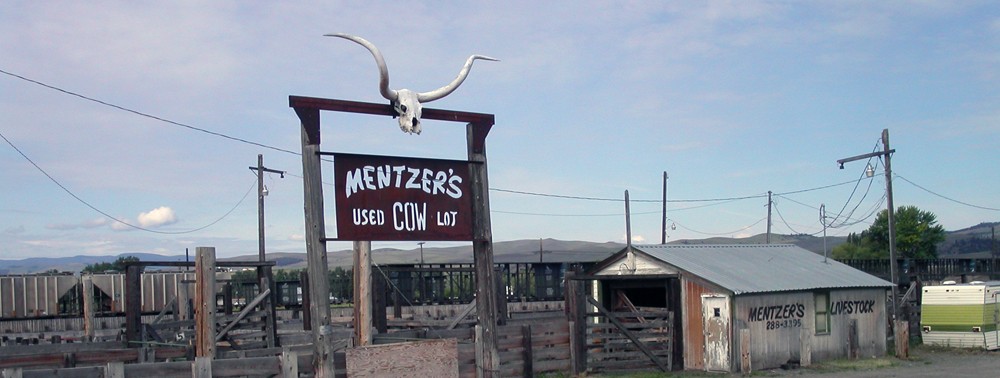Pittsburgh’s Wylie Avenue and Washington’s U Street have lots of things in common. They both were Black entertainment hubs and African-American entrepreneurial economic engines in their respective cities’ Black strolls. Memphis author Preston Lauterbach eloquently described “the stroll” in his 2012 book, The Chitlin’ Circuit and the Road to Rock ‘n’ Roll:
Any place with a sizable [Black] population grew a darktown, and each of these [Black] districts centered on a main thoroughfare, a world unto itself. The maestro, in his hep vernacular, called it “the stroll” (p. 51).
But the stroll was only part of a complicated entertainment ecosystem that extended well beyond a city’s corporate limits. Black entertainment entrepreneurs opened satellite facilities in rural communities beyond the earliest suburbs. These places became popular roadhouses and juke joints in the Chitlin’ Circuit with complicated social and economic ties to their counterparts on the stroll.

Bohemian Caverns, U Street and 11th, Washington, D.C.
In 1931, after racial violence broke out at a new Pittsburgh pool, a pair of Hill District entrepreneurs found a partner in Washington, Pa., 30 miles to the south, to open a swimming resort catering to the region’s African Americans. Norris Beach as it was called became a popular Southwestern Pennsylvania stop in the Chitlin’ Circuit with touring national bands stopping to play during the summers that it operated.

The Pittsburgh Courier, May 26, 1934.
Read more about Norris Beach and its entrepreneurs in my new Pittsburgh Quarterly article, Norris Beach: “Swim Where You Will Be Welcomed.”
© 2021 D.S. Rotenstein
Shortlink for this post: https://wp.me/p1bnGQ-3Me

